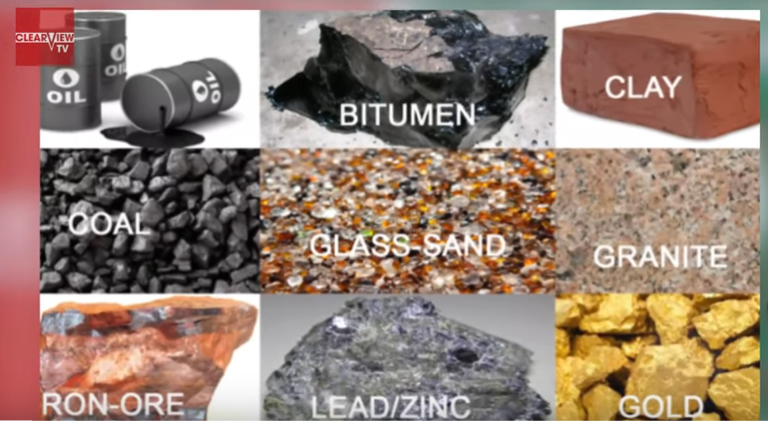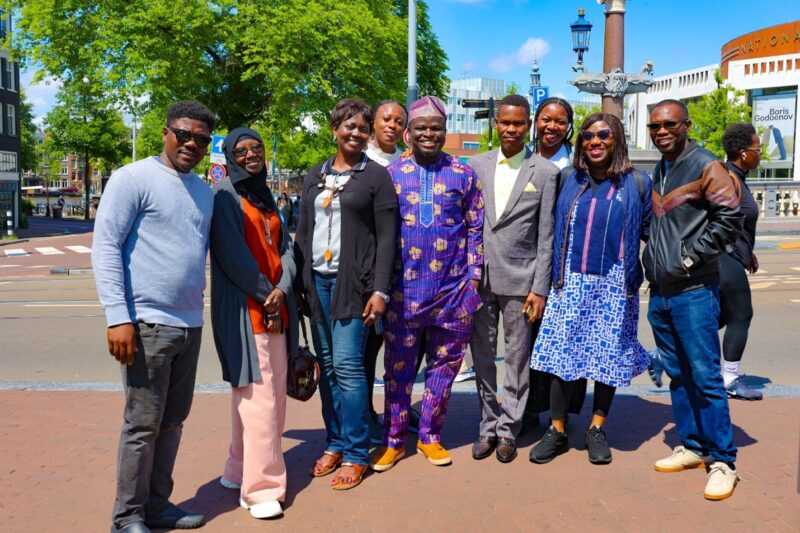Journalists have been charged to tackle environmental degradation and the abandonment of host communities, by exposing the bad practices of mining companies through investigative reports at a three-day capacity building workshop for journalists tagged ‘Government accountability reporting’ held 19-21 May in Abuja by Clearview Television in collaboration with the Wole Soyinka Centre for Investigative Journalism (WSCIJ) under its Collaborative Media project.
Nten Ekpang, Clearview Television’s lead programme officer, said investigative journalism intentionally exposes malpractices, miscarriage of justice, and other controversial issues and challenges faced by host communities.
“We live in a society where injustices happen daily. There is malpractice everywhere. People come, make money from communities, go back and are not held accountable. Sometimes by the time they leave, no stream is worth drinking and farmlands destroyed”, he said.
Jooji Imola, consultant for the Ministry of Mines and Steel, said journalists must monitor and report activities of mining companies to ensure compliance with set out protocols and rules of engagement.
In pursuance of these investigative duties, Odion Bello, Chief Executive Officer of Clearview Television, spoke about the place of research in asking relevant questions and crafting good stories.
Speaking after the three days training under the Collaborative Media Engagement for Development Inclusivity and Accountability project put together by Wole Soyinka Centre for Investigative Journalism (WSCIJ) and funded by the MacArthur Foundation, Teiseer Jackson, a participant, commended the organisers for inspiring journalists to do more. The veteran broadcaster who spoke on behalf of other participants said, “Investigative journalism has spurred me into more action. It is revealing. I wish we could have this regularly. Journalists must get this type of training regularly”.








